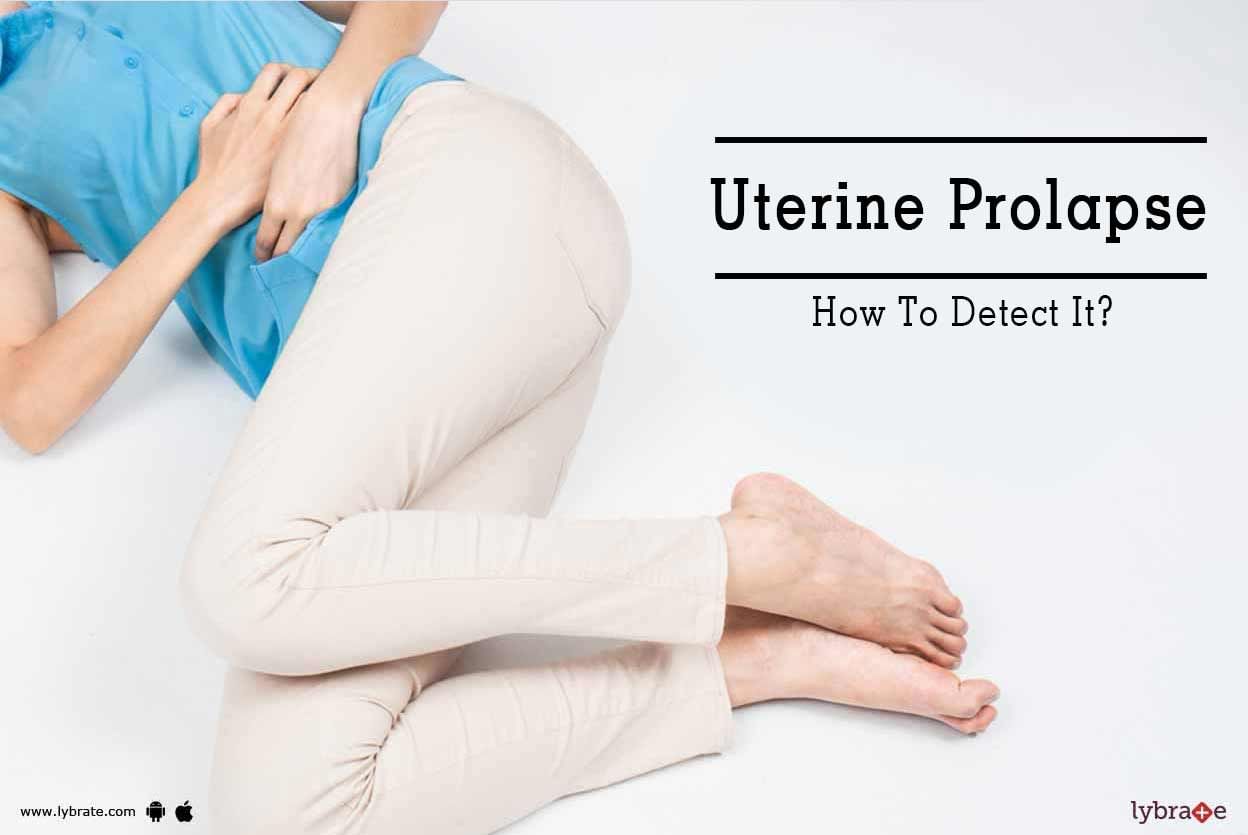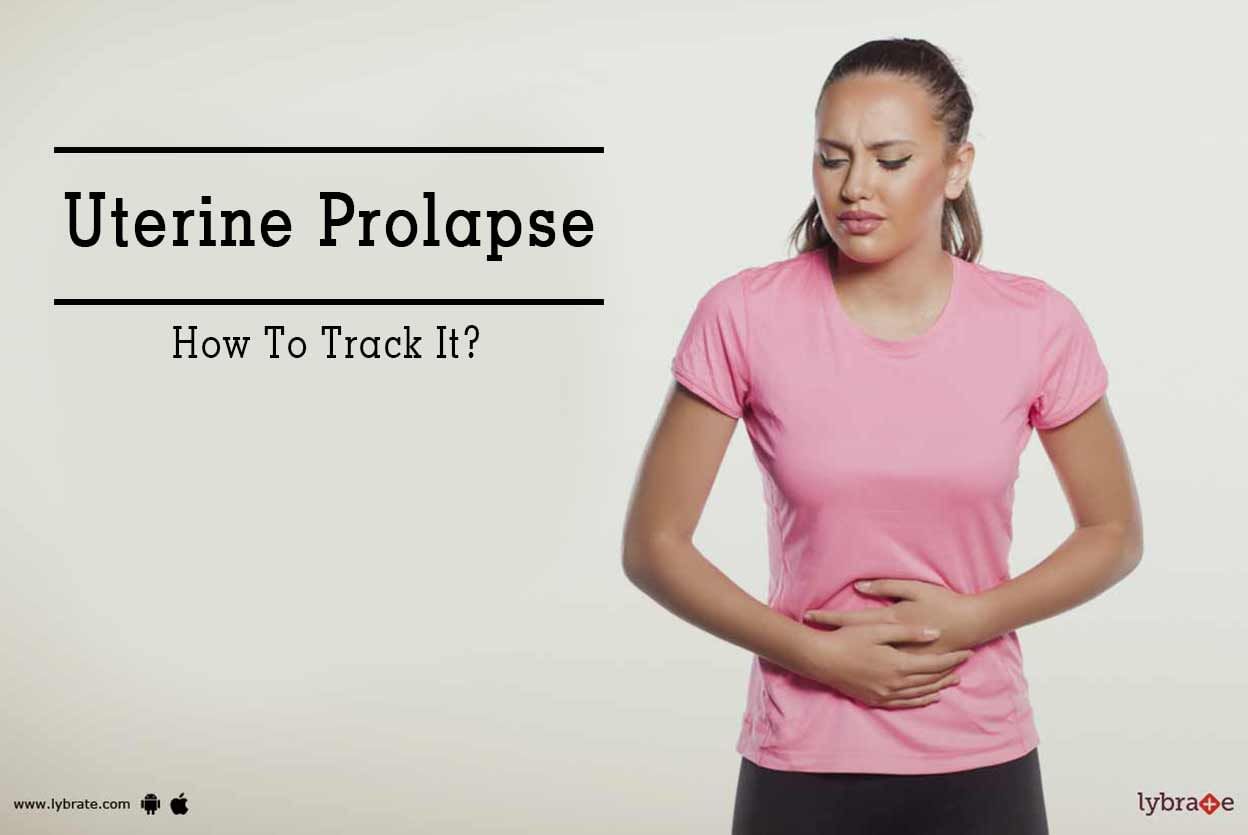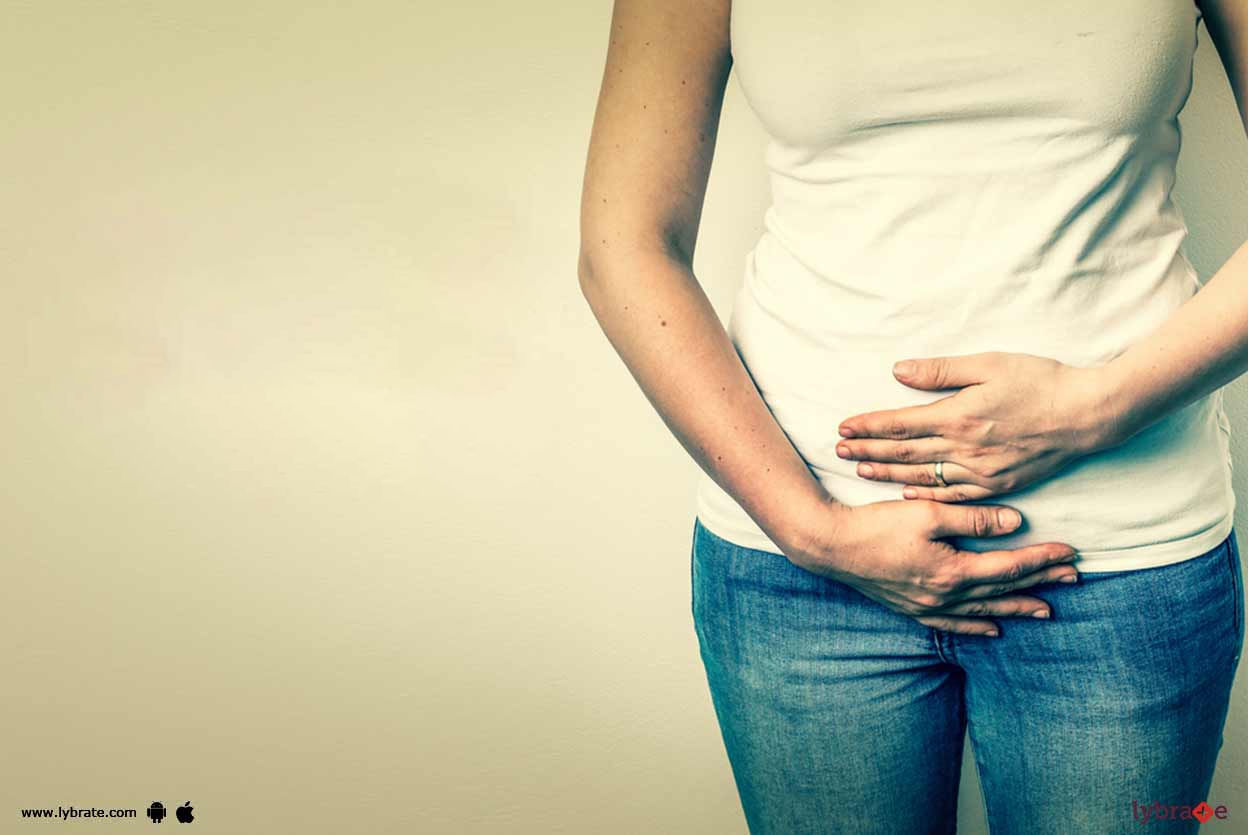Get the App
For Doctors
Login/Sign-up
About
Health Feed
Find Doctors
Health Packages
AllQ&AsTipsQuizzes
Pelvic Organ Prolapse Tips
Last Updated: 3 years ago• Featured Tip
Share
Bookmark
Report
Gynaecologist•
1. Dr. Janani manoharan
Https://www. Lybrate. Com/bangalore/doctor/dr-janani-manoharan-gynaecologist
M. B. B. S, md, m. R. C. O. G. (part ii), f. Mas, d. Mas, f. I. C. R. S.
Dr. Janani manoharan is a highly regarded gynecologist in bellandur, bangalore, with a wide range of clinical expertise, including as an infertility obstetrician and a urologist. Her education comprises an m. B. B. S. From the pondicherry institute of medical sciences in pondicherry in t...more
Https://www. Lybrate. Com/bangalore/doctor/dr-janani-manoharan-gynaecologist
M. B. B. S, md, m. R. C. O. G. (part ii), f. Mas, d. Mas, f. I. C. R. S.
Dr. Janani manoharan is a highly regarded gynecologist in bellandur, bangalore, with a wide range of clinical expertise, including as an infertility obstetrician and a urologist. Her education comprises an m. B. B. S. From the pondicherry institute of medical sciences in pondicherry in t...more
4 people found this helpful
Last Updated: 5 years ago• Featured Tip
Share
Bookmark
Report
The uterus or womb, is a muscular structure and is held in place by ligaments and pelvic muscles. If these muscles or tendons become weak, they cause prolapse and are no longer able to hold the uterus in its place.
Uterine prolapse happens when the uterus falls or slips from its ordinary position. It could be complete prolapse or even incomplete at times. A fragmented prolapse happens when the uterus is just hanging into the vagina. A complete prolapse depicts a circumstance in which th...more
Uterine prolapse happens when the uterus falls or slips from its ordinary position. It could be complete prolapse or even incomplete at times. A fragmented prolapse happens when the uterus is just hanging into the vagina. A complete prolapse depicts a circumstance in which th...more
Last Updated: 6 years ago• Featured Tip
Share
Bookmark
Report
The uterus, or womb, is a muscular structure and is held in place by ligaments and pelvic muscles. If these muscles or tendons become weak, they cause prolapse and are no longer able to hold the uterus in its place.
Uterine prolapse happens when the uterus falls or slips from its ordinary position and into the vagina, or birth waterway. It could be complete prolapse or even incomplete at times. A fragmented prolapse happens when the uterus is just hanging into the vagina. A complete pro...more
Uterine prolapse happens when the uterus falls or slips from its ordinary position and into the vagina, or birth waterway. It could be complete prolapse or even incomplete at times. A fragmented prolapse happens when the uterus is just hanging into the vagina. A complete pro...more
Last Updated: 6 years ago• Featured Tip
Share
Bookmark
Report
Uterine prolapse is a disorder, which occurs when pelvic muscles weaken and thus, fail to support the uterus, causing the uterus to slip into or protrude from the vagina. Postmenopausal women with a history of multiple vaginal deliveries are the most vulnerable to this disorder. The pelvic muscles weaken due to the following reasons:
Dip in the levels of estrogen
Excessive strain
Tissue damage resulting from childbirth and pregnancy
Common symptoms include a pulling sensatio...more
Dip in the levels of estrogen
Excessive strain
Tissue damage resulting from childbirth and pregnancy
Common symptoms include a pulling sensatio...more
Last Updated: 6 years ago• Featured Tip
Share
Bookmark
Report
Bladder prolapse is a condition wherein a woman s vaginal wall ceases to adequately support the urinary bladder. The front wall of the vagina gives support to the bladder under normal circumstances but when this wall weakens, it allows the bladder to droop and become prolapsed. This can lead to a wide range of medical problems such as urinary difficulties, stress incontinence (leakage of urine while coughing or sneezing), pain and discomfort, etc.
Prolapsed bladders are generally associ...more
Prolapsed bladders are generally associ...more
Last Updated: 6 years ago• Featured Tip
Share
Bookmark
Report
The uterus or womb is a muscular structure and is held in place by ligaments and pelvic muscles. If these muscles or tendons become weak, they cause prolapse and are no longer able to hold the uterus in its place.
Uterine prolapse happens when the uterus falls or slips from its ordinary position and into the vagina or birth waterway. It could be complete prolapse or even incomplete at times. A fragmented prolapse happens when the uterus is just hanging into the vagina. A complete prolap...more
Uterine prolapse happens when the uterus falls or slips from its ordinary position and into the vagina or birth waterway. It could be complete prolapse or even incomplete at times. A fragmented prolapse happens when the uterus is just hanging into the vagina. A complete prolap...more
Last Updated: 6 years ago• Featured Tip
Share
Bookmark
Report
Also known as Posterior Prolapse, Rectocele involves a weakening of the walls between the vagina and rectum, thereby, causing the rectal wall to swell and protrude into the space of the vagina. This bulging is a common, but the temporary problem that arises after childbirth. In severe cases, the swollen tissues may extend out of the vaginal opening and usually cause more discomfort than pain.
What are the most common causes of Rectocele?
An upright posture places a lot of weigh...more
What are the most common causes of Rectocele?
An upright posture places a lot of weigh...more
Last Updated: 6 years ago• Featured Tip
Share
Bookmark
Report
Your uterus is held in place by ligaments, tissues and pelvic muscles. The prolapse occurs when the ligaments or muscles weaken, and thus they can no longer support the uterus. The uterus slips or sags from its usual position into the birth canal (vagina).
Uterine prolapse could be complete or incomplete:
If the uterus partly sags into the vagina, the prolapse is incomplete.
If the uterus falls, and tissues are found to be resting in the vagina's exterior, the prolapse is t...more
Uterine prolapse could be complete or incomplete:
If the uterus partly sags into the vagina, the prolapse is incomplete.
If the uterus falls, and tissues are found to be resting in the vagina's exterior, the prolapse is t...more
Last Updated: 6 years ago• Featured Tip
Share
Bookmark
Report
Vaginal Vault Prolapse is the condition where the upper portion of vagina may lose its normal shape and drop or sag down into the vaginal canal or maybe even outside the vagina. This may occur after a hysterectomy or even simultaneously with uterine prolapse.
The treatment of vaginal vault prolapse varies with the severity and extremity of your symptoms. Your health care provider may suggest medications and physical therapy to treat your condition if you feel that the prolapse is not b...more
The treatment of vaginal vault prolapse varies with the severity and extremity of your symptoms. Your health care provider may suggest medications and physical therapy to treat your condition if you feel that the prolapse is not b...more
Last Updated: 7 years ago• Featured Tip
Share
Bookmark
Report
Uterine prolapse is a disorder, which occurs when pelvic muscles weaken and thus, fail to support the uterus, causing the uterus to slip into or protrude from the vagina. Postmenopausal women with a history of multiple vaginal deliveries are the most vulnerable to this disorder. The pelvic muscles weaken due to the following reasons:
Dip in the levels of estrogen
Excessive strain
Tissue damage resulting from childbirth and pregnancy
Common symptoms include a pulling sensatio...more
Dip in the levels of estrogen
Excessive strain
Tissue damage resulting from childbirth and pregnancy
Common symptoms include a pulling sensatio...more
Book appointment with top doctors for Pelvic Organ Prolapse treatment
View fees, clinic timings and reviews
Ask a free question
Get FREE multiple opinions from Doctors
posted anonymously




















